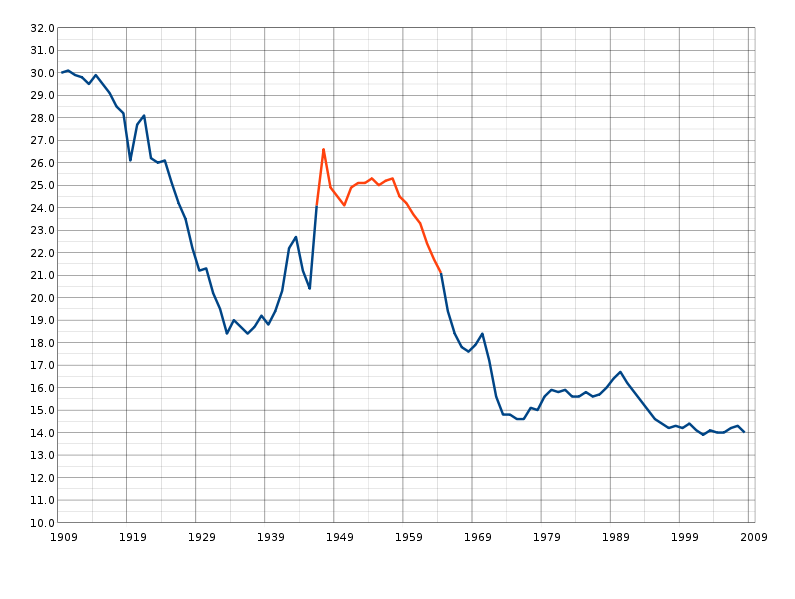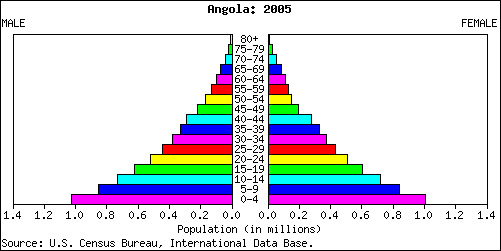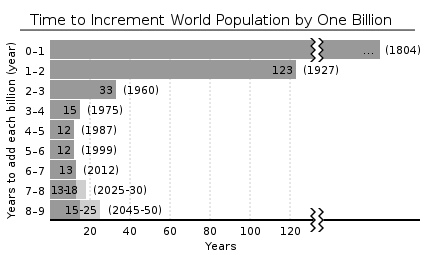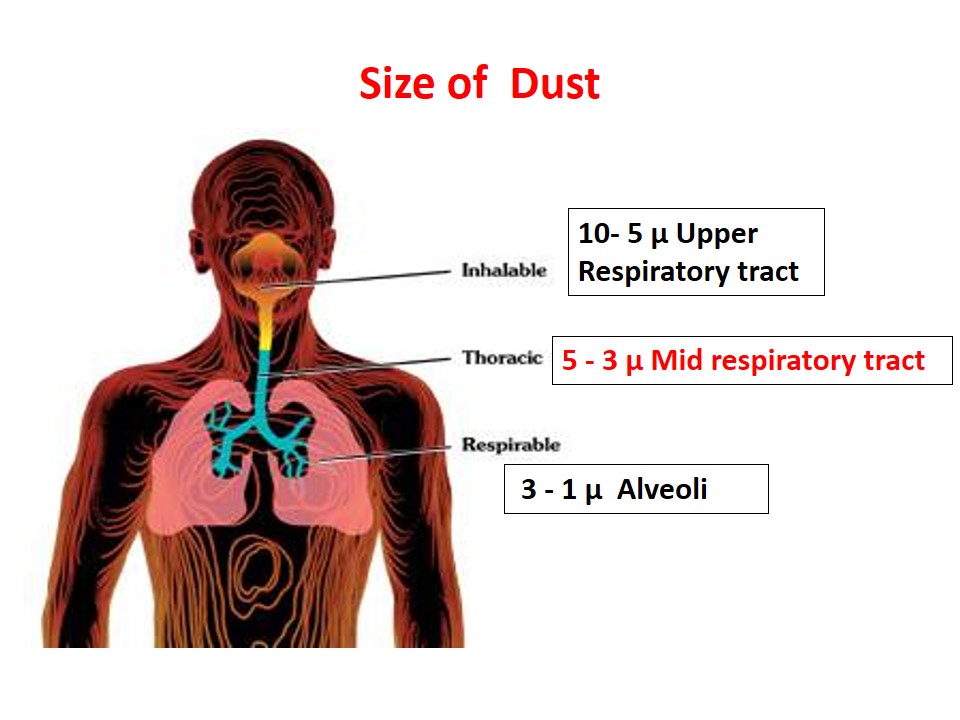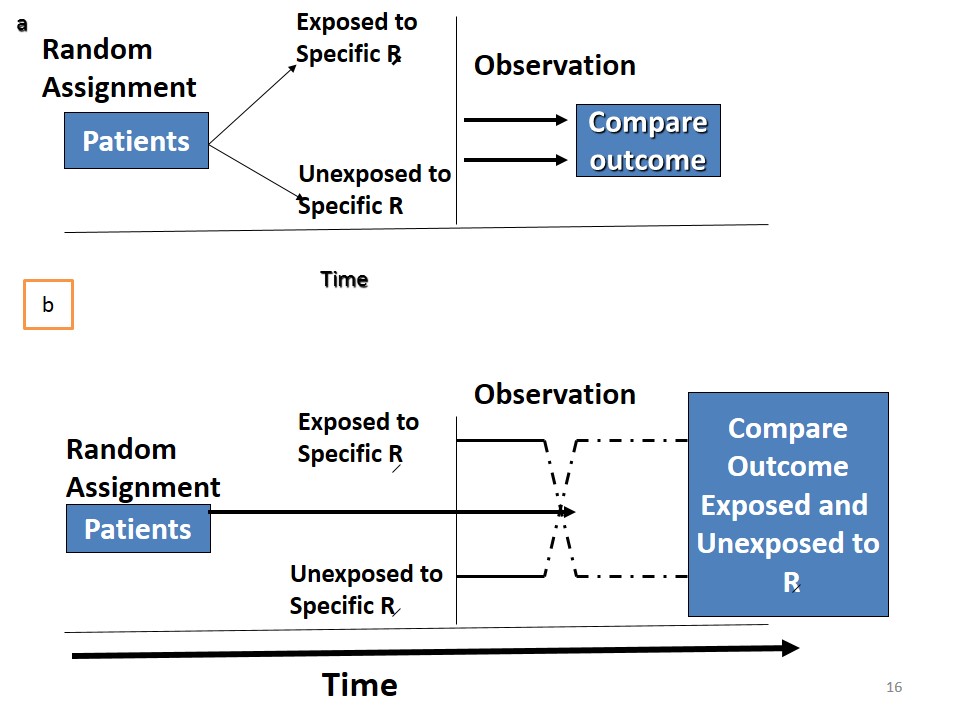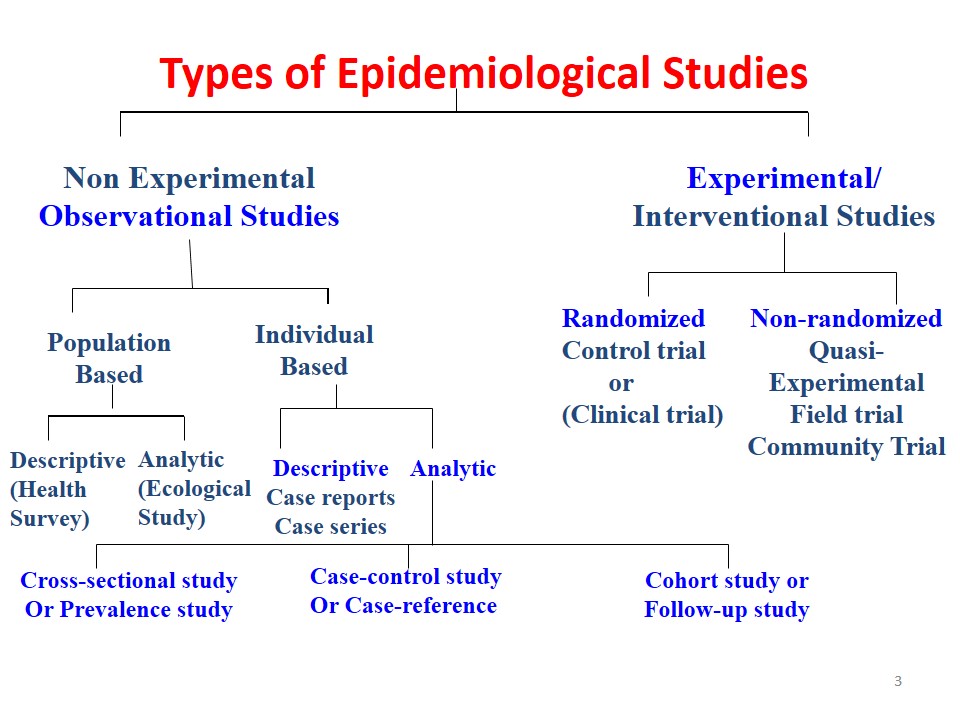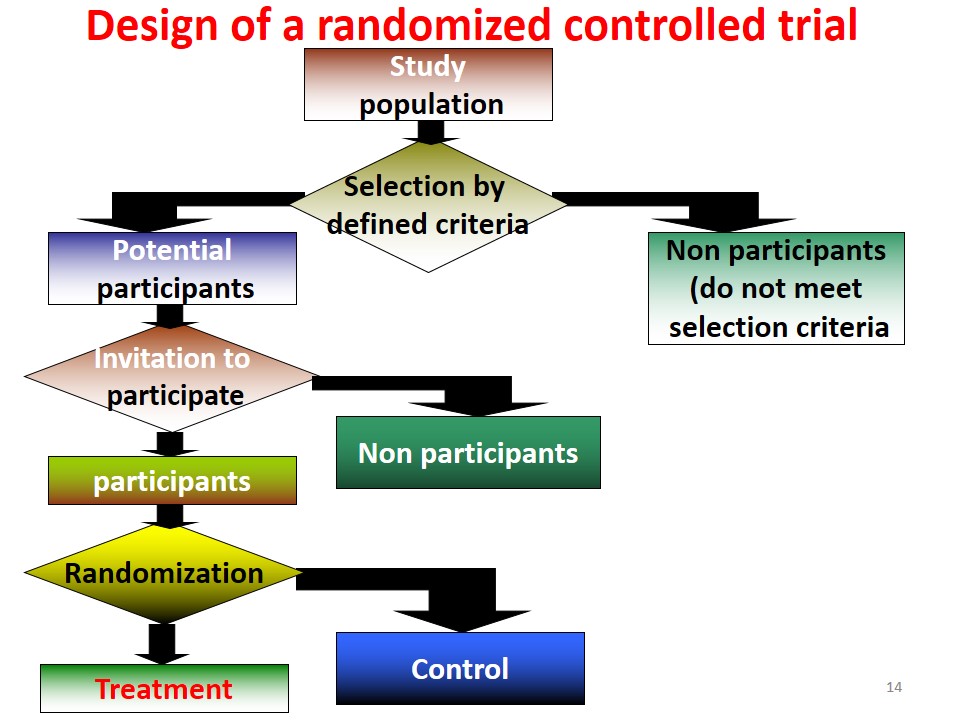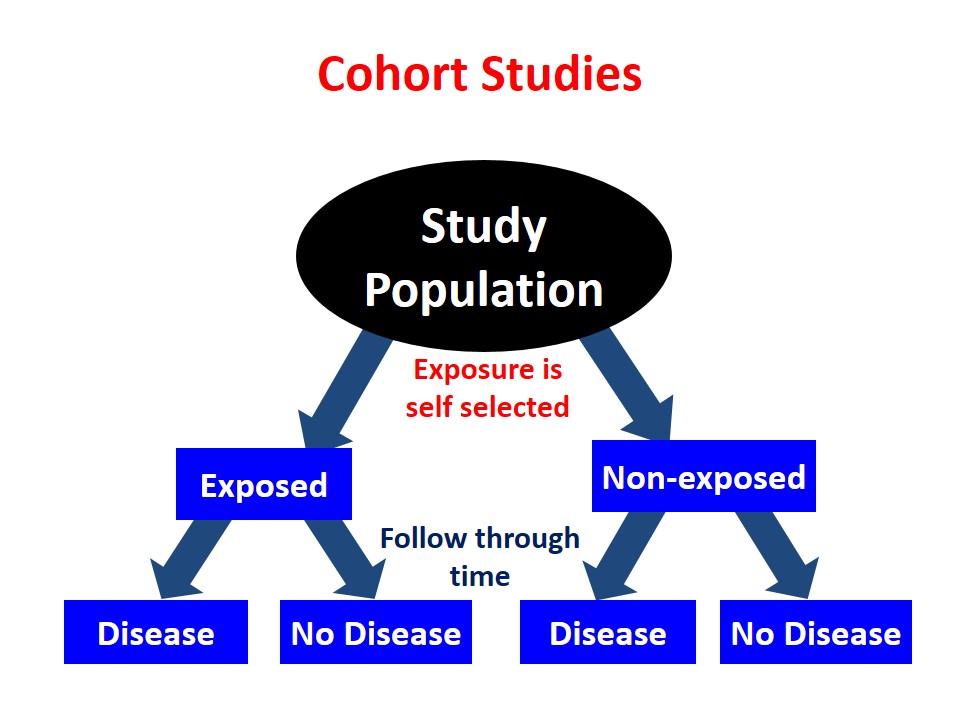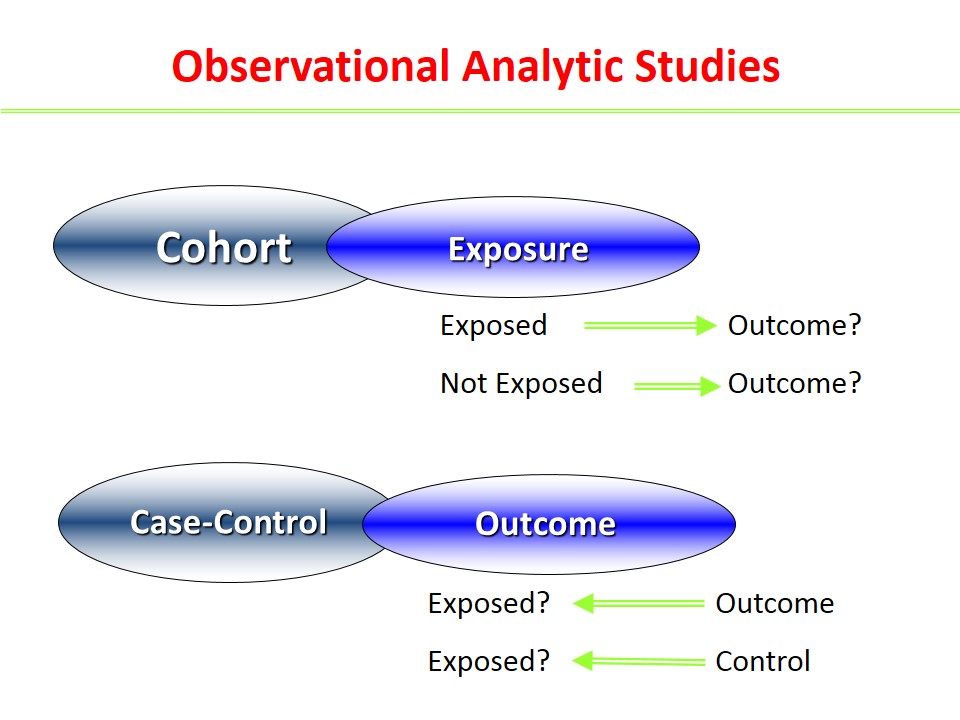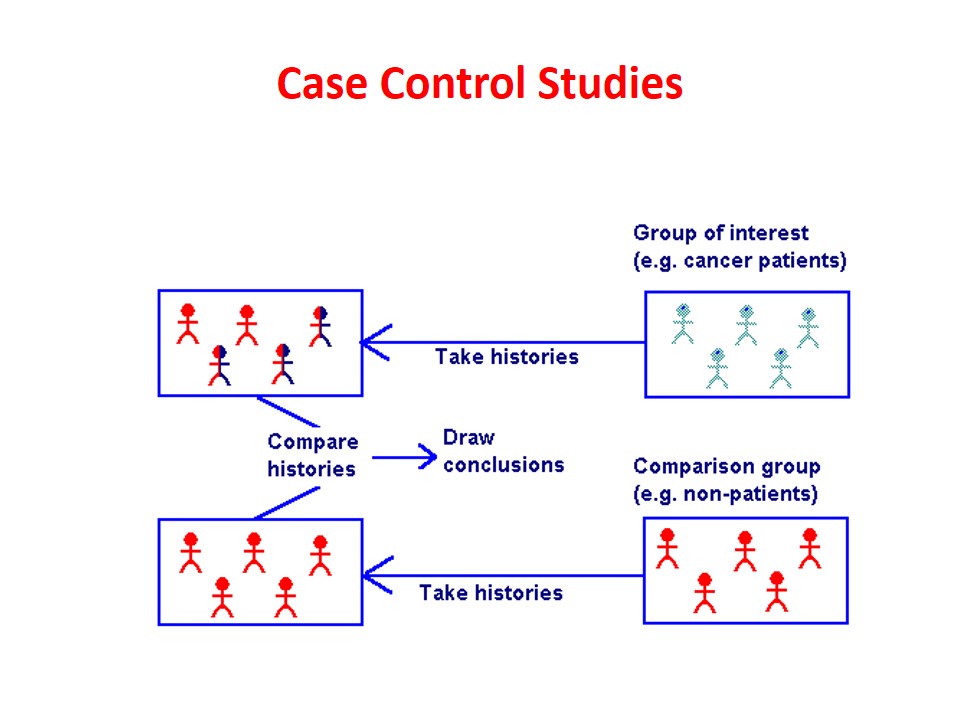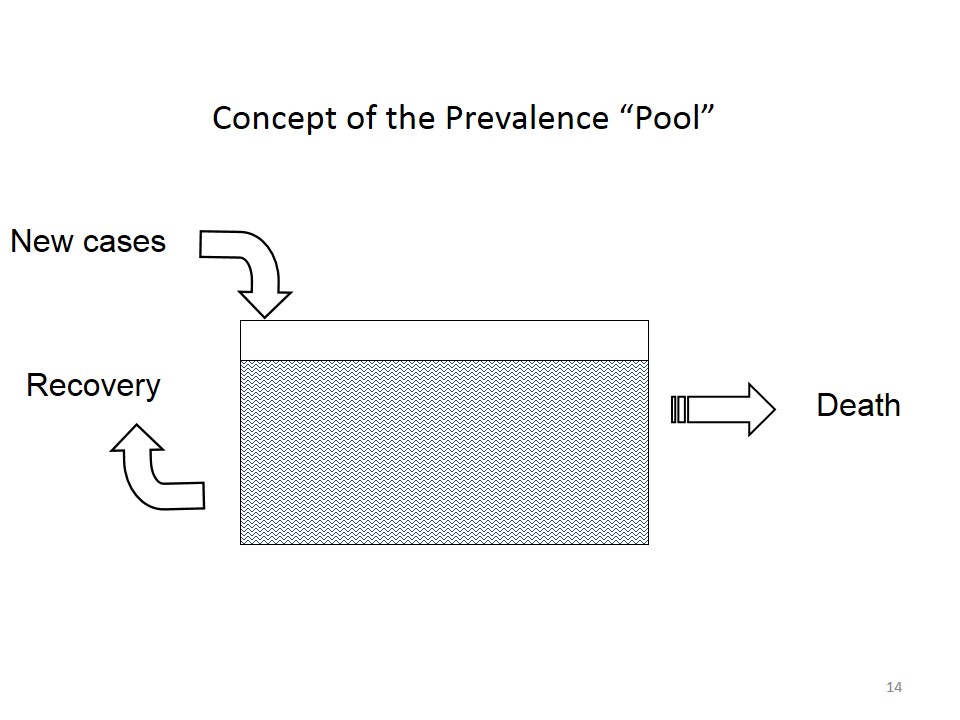Spurious Association Sometimes an observed association between a disease and suspected factor may not be real. For example a study … Read More »
Quasi Experimental Studies
Quasi experimental designs are based on the same structure as experimental designs but lack the randomization, control, or both. These … Read More »
Non-Randomized Trials
Trial is from the French ‘trier’ (to try). Trial may be: • Clinical trial –in which we apply therapeutic interventions … Read More »
Randomized Controlled Trials
An epidemiological experiment in which subjects in a population are randomly allocated into groups, usually called study and control groups … Read More »
Cohort Studies
Cohort is an ancient Roman military unit of 300-600 men, a group of soldiers marching forward in battle. Cohort studies … Read More »
Differences between Case Control and Cohort Studies
The differences between case control and cohort studies may be summarized as follows: Case Control Study Cohort Study • Proceeds … Read More »
Case Control Studies
In case control study, we start with diseased group (“cases”); which we compare with non-diseased group (“controls”). We look back … Read More »
Ecological Studies
In ecological studies, we consider aggregates of individuals. Aggregates often defined by units e.g. geographic region, school or health care … Read More »
Cross-Sectional Studies
Cross sectional studies are conducted at a single point in time or over a short period of time. There is … Read More »
Case Reports and Case Series
A case report is a detailed report by a physician of an unusual disease in a single person. The population … Read More »
 howMed Know Yourself
howMed Know Yourself
